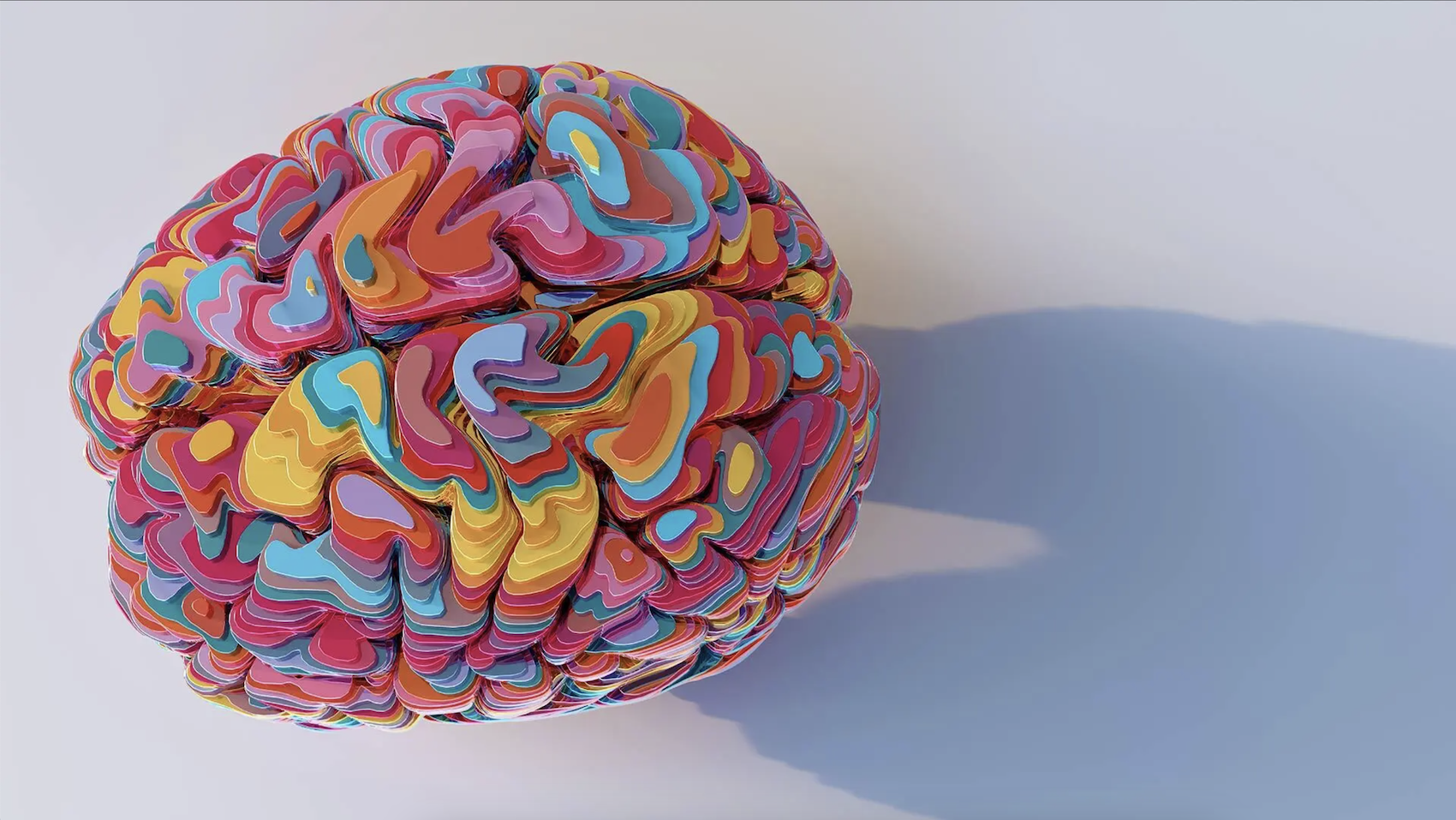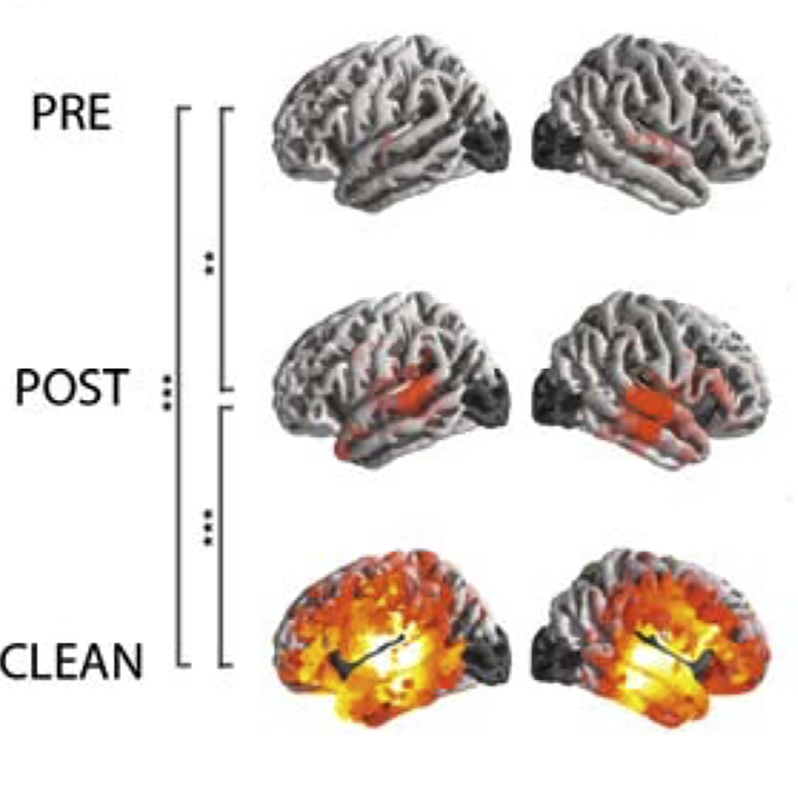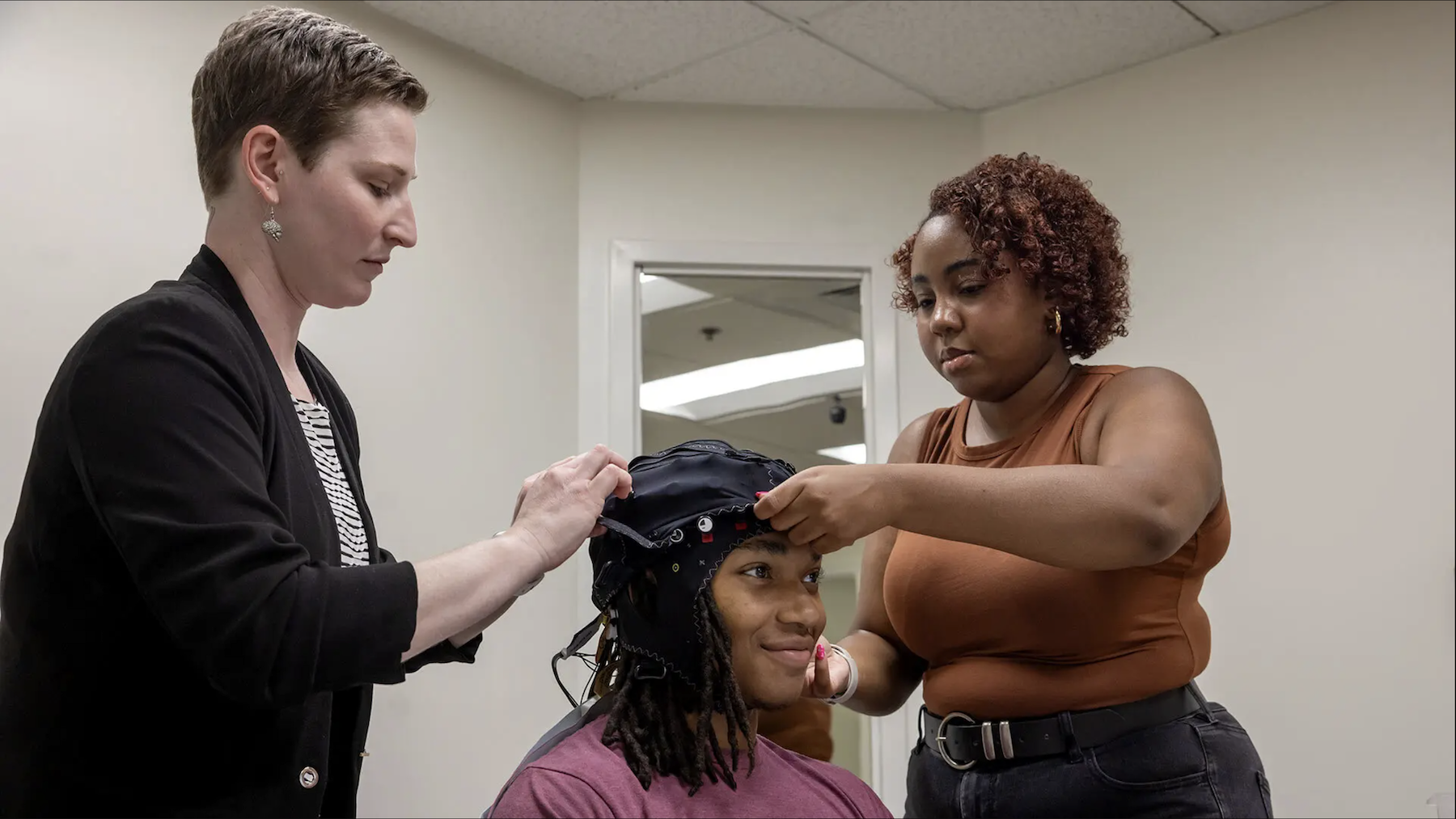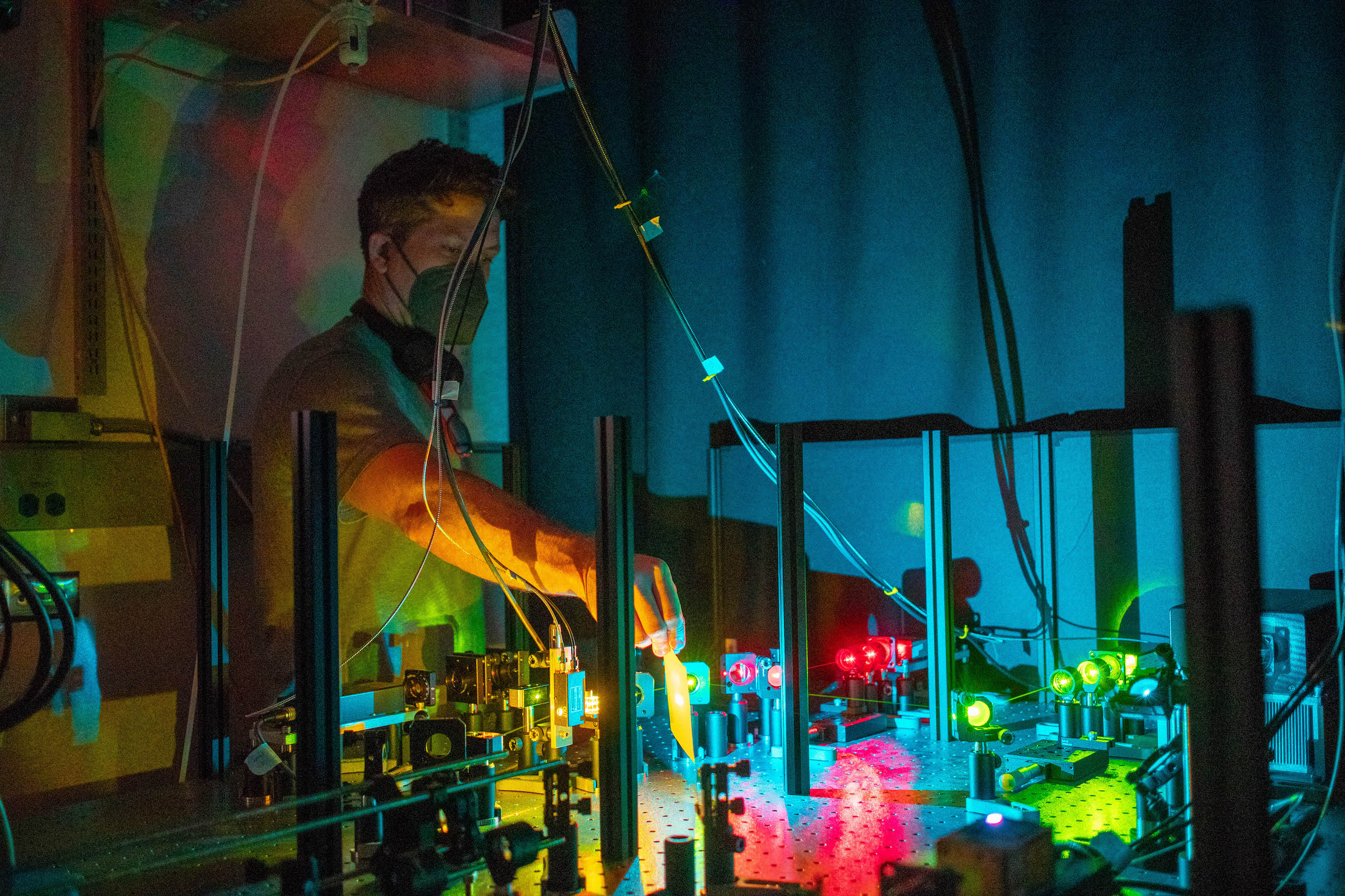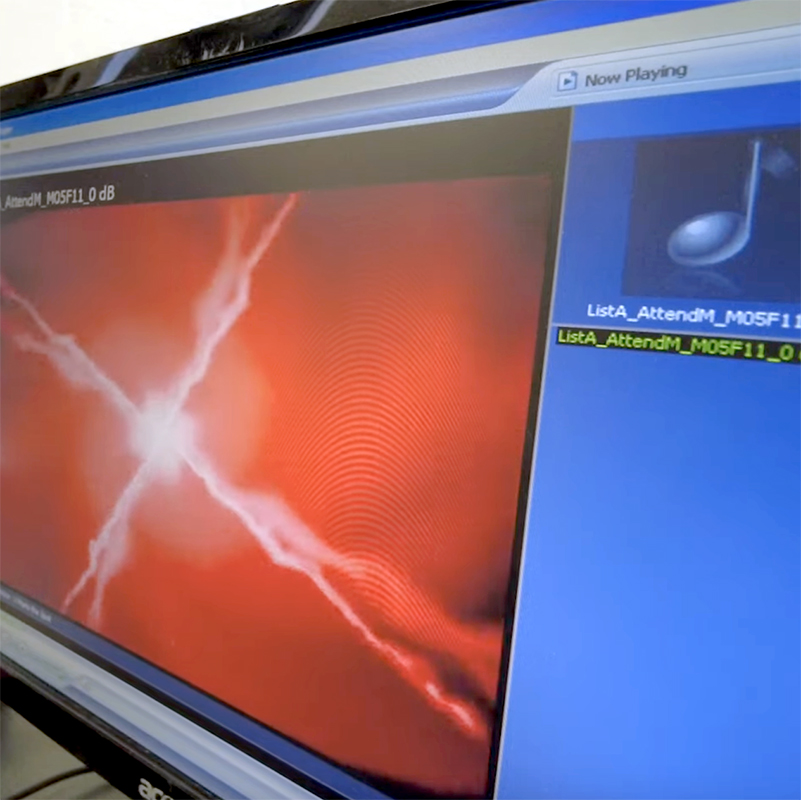News Story
Carl Lejuez pioneers mental health treatment in Middle East
COLLEGE PARK, Md. - Professor Carl Lejuez, director of UMD’s Center for Addictions, Personality, and Emotion Research (CAPER), is the co-creator of Behavioral Activation Treatment for Depression (BATD), a psychotherapeutic intervention that has proven effective in treating depression for thousands across the United States, including UMD students adjusting to campus life. Now, his pioneering mental health treatment methods are being used to help victims of systematic violence and trauma in Kurdistan, Northern Iraq. Lejuez is a part of UMD's Brain and Behavior Initiative.
“This work provides much-needed attention to difficulties with depression and anxiety many Kurds in Iraq continue to endure from a long and traumatic history of torture. It shows great promise for a treatment approach that I developed at Maryland that helps individuals reconnect with their values and rediscover how simple everyday pleasurable and important activities can assist their healing process,” Lejuez said. “Most importantly, the approach is straightforward and can be administered by entry-level clinicians with minimal training, which can dramatically increase access to treatment across the region.”
Lejuez and his coauthors recently published “A randomized controlled trial of mental health interventions for survivors of systematic violence in Kurdistan, Northern Iraq” in BMC Psychiatry. The paper outlines the use of BATD and a second psychotherapeutic intervention referred to as Cognitive Processing Therapy (CPT). CPT is designed specifically to treat trauma and was expected to be very effective with the issues this group was experiencing. Specifically, CPT involves several complex intervention components that directly tackle the trauma experienced through written exposure and efforts to restructure cognitions that were maintaining the patient’s psychological difficulties, thereby seeking to help the patient develop more effective strategies to cope with their trauma experiences.
The use of BATD was quite novel and more “risky” for the presenting problems of this population as it does not specifically target trauma but attempts to impact one’s overall psychological functioning. This, in turn, could have a positive impact on specific conditions such as trauma, but also depression, anxiety and substance use. Because of the practical strengths of BATD, including the ease of training entry-level clinicians, the potential to show it could also positively impact the suffering of patients with a history of torture and other traumatic events is significant.
The treatments were administered by 20 community mental health workers in rural health clinics trained by Dr. Lejuez and others on the study team. The mental health workers received training in one of the treatments based on random assignment and patients were then evaluated by blinded community mental health workers an average of five months after treatment. Of note, only BATD showed improvements in depression when comparing patients who received standard treatment in the same region of the country, and both treatments proved effective with trauma-related outcomes, including symptoms of post-traumatic stress disorder and traumatic grief. This study is the first of its kind to be tested in a region that has long suffered from poverty and violence.
Lejuez and his collaborators are confident that BATD and CPT treatments can improve mental health outcomes in many other regions, as the methods are cost-effective, easy to administer and have proven results even in low-resource, high-risk regions. Moreover, because the approach is highly customizable and individualized, it can be modified as needed for patients to ensure needs and cultural factors in specific regions can be respected in the context of treatment delivery.
BATD and CPT treatments are currently used in multiple countries, including Argentina, China, Greece, Turkey and the United Kingdom, to treat trauma as well as depression, anxiety and substance abuse with adults and youth under Dr. Lejuez’s leadership. Dr. Lejuez will travel to Chile and to China to conduct similar trainings for health care workers later this spring. Learn more about Lejuez and his research.
Published December 15, 2014
